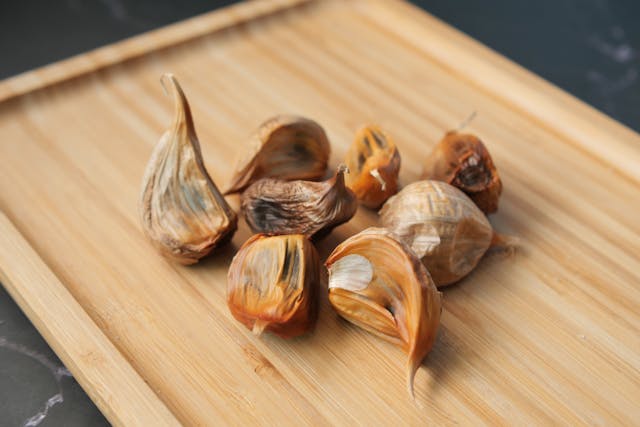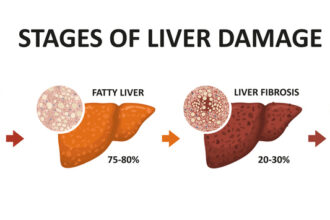Researchers at the University of Cordoba and the Maimónides Biomedical Research Institute (IMIBIC) are exploring the potential benefits of fermented black garlic extract as a protective agent against inflammation and prostate cancer progression. This investigation utilises human prostate cancer cell models in a laboratory setting.
In Spain, prostate cancer ranks as the third most common cause of cancer-related deaths among men. The disease can evolve from benign prostatic hyperplasia to localised prostate cancer and eventually to metastatic castration-resistant cancer—a stage for which treatment options are severely limited.
The OncObesity and Metabolism group, comprised of researchers from the University of Córdoba and IMIBIC, conducted the study. This team focuses on the antitumour properties of natural compounds that could be integrated into diets to combat various cancer types.
Recent research undertaken by Raúl M. Luque, María Loreta Libero, and Antonio J. Montero centred on the effects of fermented black garlic extract on prostate cancer cells. Building on previous findings from mouse experiments, which highlighted the extract’s anti-inflammatory properties and acknowledged the significant role of inflammation in prostate cancer development, the team assessed its impacts on cellular disease models.
Antonio Montero reported that the team tested the extract on different prostate cancer cell models, discovering its ability to diminish several indicators of tumour aggressiveness, such as cell proliferation while sparing normal prostate cells. This finding suggests that the compound could be a dietary supplement without adverse effects on healthy cells.
The team’s principal investigator, Raúl Luque, elaborated on the anticancer capabilities of the compound. He noted that following the demonstration of these effects, the research aimed to identify which molecular pathways were influenced by the compound. It was found that the extract altered key cancer-related signalling pathways, particularly those associated with inflammation. Montero explained that the treatment lessened the inflammatory milieu typically observed in this form of cancer, with increased efficacy in pro-inflammatory conditions. This reduction in local inflammation might contribute to the decreased aggressiveness of the cancer observed following treatment with the extract.
Luque suggested that the findings indicate the compound’s potential as an effective option to mitigate some of the complications faced by patients advancing towards more severe and aggressive stages of prostate cancer.
The next phase of research would involve a pilot study with individuals who have a familial history of prostate cancer or a clinical trial with existing patients to assess further whether the progression of the disease can be slowed or halted by this compound.
More information: Maria Loreta Libero et al, The Protective Effects of an Aged Black Garlic Water Extract on the Prostate, Nutrients. DOI: 10.3390/nu16173025
Journal information: Nutrients Provided by University of Córdoba








